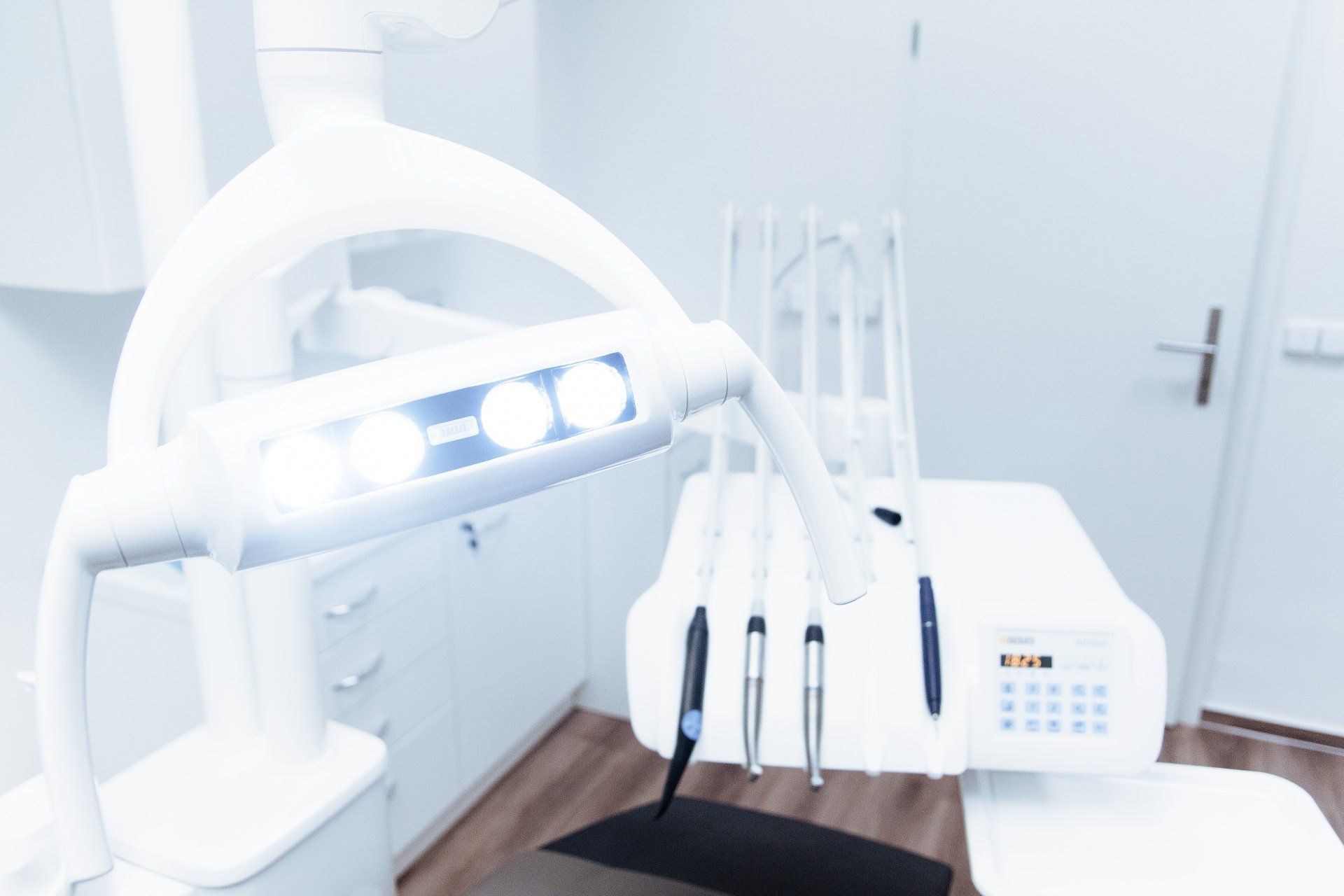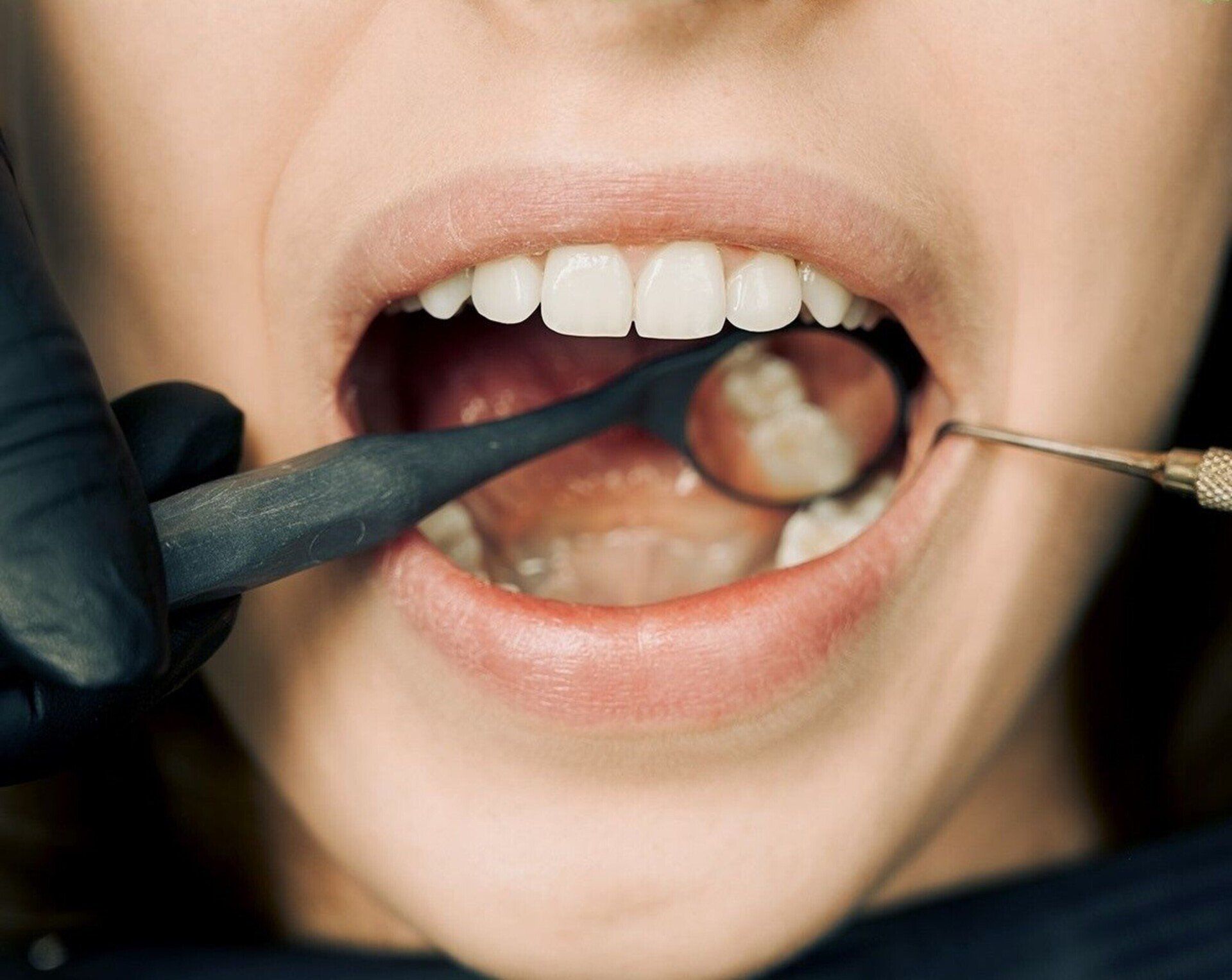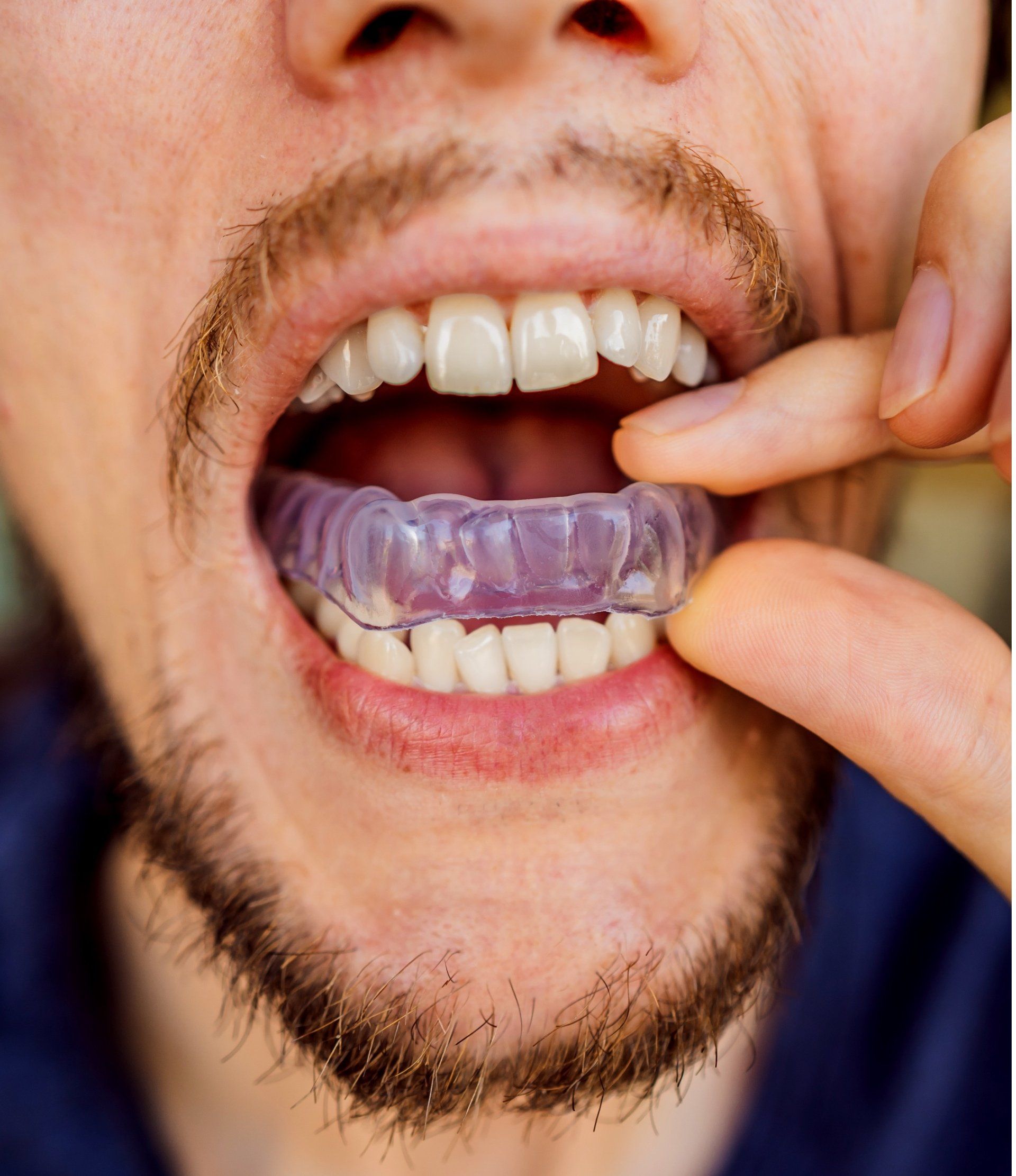Get in touch
770-487-8882
info@parksidedentalpractice.com
Restorative Dentistry
Your smile today may not be as brilliant as it once was. Years of wear and tear, injury, or poor care can hurt the look and function of your teeth. Dr. Matlaga, Dr. Simmons and their dental care team change lives every day through restorative dentistry procedures. Rejuvenate your smile today!
Implants
Placement And Restoration
A dental implant can be used to restore a single tooth or an entire set of teeth. Dental implants involve the placement of a surgical grade titanium post directly into the jawbone. As the bone bonds to the post, it forms a secure foundation for the attachment of a dental prosthetic (denture) that is custom created for you. While typical dentures shift and require the use of denture adhesives to keep them in place, implants fit solidly, reducing the problems associated with traditional dentures such as gum sores, difficulty speaking and difficulty chewing. Implants are sometimes used instead of bridges to maintain the integrity of the teeth on either side of the gap.
Mini-Implants
Imagine spending less time at the dentist with the same great results. Mini-implants are smaller implants than traditional implants and are placed directly into the jawbone. Because they are slimmer, they can be placed by your dentist in just a few hours, and may sometimes be used when there is no adequate bone for a traditional implant. They are also ready to be used for dentures, prosthetics, or even single tooth replacement on the same day they are placed. The result of mini-implants is a quicker, more comfortable way to replace a missing tooth. For denture wearers, the implant supports the bone, thereby reducing bone loss. It also stabilizes the denture to ensure an easier fit and increases your chewing ability. This procedure may also be appropriate for patients with certain compromising medical conditions that make placing a traditional implant too invasive of a procedure.
Implant Supported Dentures
While typical dentures shift and require the use of denture adhesives to keep them in place, implants fit solidly, reducing the problems associated with traditional dentures such as gum sores, difficulty speaking and difficulty chewing. Implant supported dentures distribute your biting pressure more like natural teeth than traditional dentures, stimulating the supportive structures of your teeth and preventing the bone and soft tissues from shrinking away. With our gentle dental care You can replace an entire set of teeth with beautiful, natural-looking implants.
Dentures
Your confidence fades and appearance transforms after tooth loss. With dentures, you can get back to your confident, normal life even after the loss of your teeth. Offering only the most advanced removable dentures to best fit you, Parkside Dental will guide you every step of the way. Our team creates custom dentures made for you and helps you select the shade and shape. You walk away with great fitting dentures that look just like real teeth, and smiling is just the beginning.
Partial Dentures
Our dental offices recommend partial dentures for patients who have several teeth missing that cannot be corrected with a bridge. A partial denture is created to replace those teeth. The partial denture is removable and designed to fit comfortably and blend in with any remaining teeth. This type of denture is made from a synthetic material that is supported with a lightweight metal. It mimics your gum tissue and teeth to create a natural looking smile while still remaining functional. The partial denture is important once the teeth have been removed to preserve the bone and to keep existing teeth from tilting and growing in towards the gaps.
Crowns
Your teeth undergo a tremendous amount of wear and tear during your lifetime. Teeth may show this wear in a variety of ways, including discoloration, chipping and cracking. Crowns restore your teeth and your smile to look brilliant once again. Porcelain crowns can be made out of porcelain pressed to metal or are porcelain throughout and can be shaded to match your other teeth. Crowns made of precious metal are also an option. After some tooth preparation, crowns are specially fitted by a dentist to give you back the look and functionality of your smile. If you have pain when chewing or temperature sensitivity, ask Dr. Matlaga or Dr. Simmons if crowns are for you.
Bridge
Sometimes gum disease, injury, decay or simply wear results in the loss of a tooth. A large gap in your smile can create significant problems for your dental health if it isn’t corrected. Over time, your bite pressure may shift to other parts of your mouth to compensate for an inability to chew efficiently in the area of the missing tooth. Neighboring teeth may begin to move about, moving into the gap and resulting in discomfort, pain and more problems down the road. Porcelain bridges “bridge the gap” in your smile. Our dental care doctors, Dr. Matlaga and Dr. Simmons create a lifelike, functional bridge to correct your smile, restore your bite and alleviate your discomfort. A porcelain bridge is created out of metal, alloys or porcelain and utilizes the teeth on both sides of the gap as its supportive structure. After some preparation of the two neighboring teeth, crowns are created for them. A prosthetic tooth, or pontic, is fused between the crowns to fill the gap. A bridge is a semi-permanent dental restoration, meaning it can only be removed by a dentist, so you can rest assured that your porcelain bridge will be a lasting restoration to your oral health.
Inlays/Onlays
Sometimes removing tooth decay effectively requires the removal of a portion of your tooth. The removed portion is replaced with a porcelain inlay or onlay. You doctor customizes an inlay or onlay to fill the space left behind when the part of your tooth is removed. Traditionally, inlays and onlays were made out of metal, much like traditional filings. Now, porcelain-milled inlays and onlays are virtually indistinguishable from natural teeth and provide relief from chewing pain, cavity pain and tooth degeneration.
TMJ Therapy
You may suffer from headaches, a popping jaw when you open or close your mouth, and pain in your jaw joints and muscles. TMD or Temporomandibular Joint Disorder is a condition many people suffer from, but the good news is – it can often be treated. Based on the severity of your condition, we can recommend a course of treatment that will help alleviate your pain and make your day-to-day activities more pleasant. Ask your dentist today if you might benefit from this treatment.
FAQ
- Can I walk in without making an appointment in advance?Describe the item or answer the question so that site visitors who are interested get more information. You can emphasize this text with bullets, italics or bold, and add links.
- How do I contact the clinic during off-hours?Describe the item or answer the question so that site visitors who are interested get more information. You can emphasize this text with bullets, italics or bold, and add links.
- Which insurance providers do you work with?Describe the item or answer the question so that site visitors who are interested get more information. You can emphasize this text with bullets, italics or bold, and add links.
- How long does an appointment take?Describe the item or answer the question so that site visitors who are interested get more information. You can emphasize this text with bullets, italics or bold, and add links.
Book an appointment
Contact Us
We will get back to you as soon as possible.
Please try again later.





